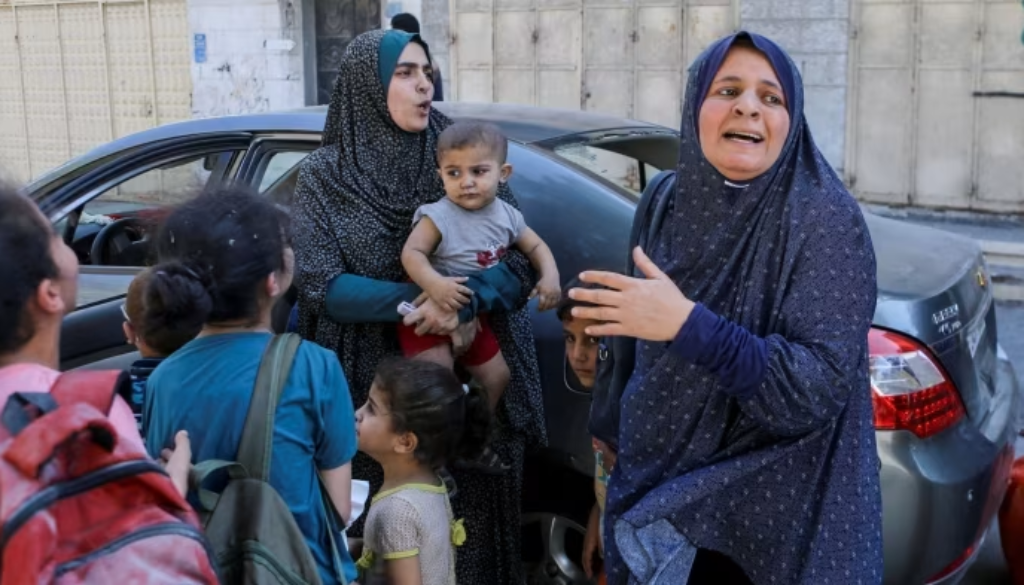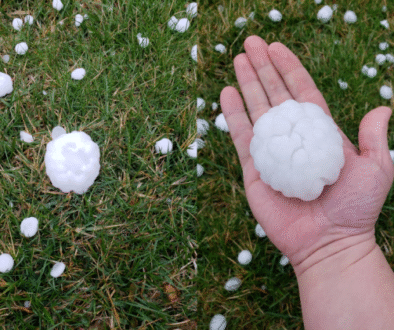Gaza Faces Dire Winter Crisis: Babies Dying Due to Lack of Shelters
As the harsh winter temperatures set in, Gaza is grappling with an unprecedented humanitarian crisis. Thousands of families in Gaza are struggling to survive the cold, with many facing a severe lack of winter shelters. The situation has worsened, with reports emerging that babies and young children are dying due to exposure to freezing temperatures, further exacerbating the ongoing crisis.
The Urgent Need for Shelters in Gaza
In the wake of political unrest and the Israeli-Palestinian conflict, Gaza’s already fragile infrastructure has been left severely lacking in basic necessities such as adequate winter shelters and heating facilities. The cold weather has made survival even harder for those living in overcrowded conditions, particularly displaced families who lost their homes during the recent escalations.
Organizations like the United Nations Relief and Works Agency (UNRWA) have been working tirelessly to provide emergency relief, but the sheer scale of the need is overwhelming. Despite their efforts, Gaza still faces a massive shortage of shelters, leaving many families vulnerable to the harsh conditions.
Babies and Children at Risk
The situation is particularly devastating for infants and young children, who are the most vulnerable to cold-related illnesses. Health officials have reported a rise in cases of hypothermia, respiratory infections, and other cold-related diseases among Gaza’s youngest residents. Tragically, many babies are dying from exposure as families struggle to keep them warm in makeshift shelters that offer little protection from the cold.
The lack of sufficient heating in homes and shelters is a contributing factor to the fatalities. Many families rely on unsafe heating methods, such as using kerosene lamps or open flames, which further increase the risk of fires in overcrowded areas.
The Global Call for Immediate Action
International aid organizations are calling for immediate action to address the dire conditions in Gaza. There is an urgent need for more winter shelters, especially for families who have lost their homes due to the conflict. Organizations are also pushing for medical assistance to address the rising number of cold-related illnesses in Gaza, especially among vulnerable groups like infants and the elderly.
However, despite these calls for help, the political complexities surrounding Gaza have hindered the effective delivery of aid. Supply chains remain disrupted, and the flow of necessary humanitarian aid is often blocked due to ongoing conflicts and border restrictions.
A Long-Term Solution to Gaza’s Crisis
While immediate relief is crucial, experts agree that a long-term solution is needed to address the root causes of Gaza’s ongoing suffering. Improved access to healthcare, food security, and basic services must be prioritized to ensure that such crises do not continue to claim innocent lives.
A comprehensive peaceful resolution to the Israeli-Palestinian conflict is key to stabilizing the region and preventing future tragedies like this from occurring.
Conclusion: A Crisis That Demands Attention
The lack of winter shelters in Gaza is a tragic reminder of the ongoing humanitarian crisis that the region faces. The deaths of babies due to exposure to cold underscore the urgency of international action to provide life-saving aid. As the world watches, the need for immediate intervention and a long-term solution for Gaza has never been more apparent. Every effort must be made to ensure that vulnerable populations are protected and that this crisis is addressed before more lives are lost.



